Color temperature: choosing the right one for your lighting
The lighting temperature is an essential criterion in the lighting design of an interior. It defines the color of the light emitted by a light source, such as a bulb, and directly influences the ambiance of a room. In this article, we will explore the different color temperatures and give you practical advice on how to choose the right color temperature for each space.

What is color temperature?
The light temperature is measured in Kelvin degrees (K) and strongly impacts the atmosphere of a space. It varies between three main categories:
- Warm lights (below 3000K) have yellow or orange hues that create a cozy and soothing atmosphere, ideal for living rooms and bedrooms.
- Neutral lights (between 3000K and 5000K) offer a good balance between warmth and brightness, perfect for versatile use, especially in kitchens or dining rooms.
- Cold lights (above 5000K) produce a bluish tint, promoting concentration and visibility. They are suitable for offices, garages, and environments requiring intense lighting.
Different color temperatures
Choosing a bulb color temperature depends on the desired effect and the specific needs of each room. Here is a detailed guide to the different light hues and the impact of these light sources.
Very warm white (1800K - 2700K)
This golden hue, close to candlelight, is ideal for relaxation spaces where a warm ambiance is desired. It is particularly suited for bedrooms and living rooms. Discover our bulbs in very warm white.
Warm white (3000K)
The warm white provides pleasant and cozy lighting, perfect for a dining room or kitchen. It highlights the colors of materials and promotes a welcoming atmosphere. See our E27 bulbs in warm white.
Neutral white (4000K)
The neutral white offers light close to daylight, ideal for kitchens, bathrooms, or workspaces requiring good color rendering. Discover our selection of E14 bulbs in neutral white.
Cool white (6500K)
The cool white is often used in environments requiring bright and stimulating light. It is ideal for offices, garages, and workshops. Discover our bulbs in cool light.

Advantages of LED bulbs
LEDs allow precise selection of bulb color temperature according to needs. They offer low energy consumption, long lifespan, and excellent color rendering. Some are even adjustable, allowing adaptation of the lighting temperature depending on the time of day.
In addition to their performance, LEDs are eco-friendly, containing neither mercury nor harmful substances. Investing in LED bulbs guarantees efficient, adjustable, and durable lighting.
The color rendering index (CRI): an essential criterion
The CRI measures a bulb's ability to faithfully reproduce the colors of objects. Expressed on a scale from 0 to 100, a color rendering index above 90 is recommended for spaces where visual accuracy is important, such as a bathroom, kitchen, or workshop.
A good CRI helps avoid dull or altered hues, thus improving the perception of natural colors. Modern LED bulbs today offer excellent levels of color rendering, ensuring quality lighting suited to each room.

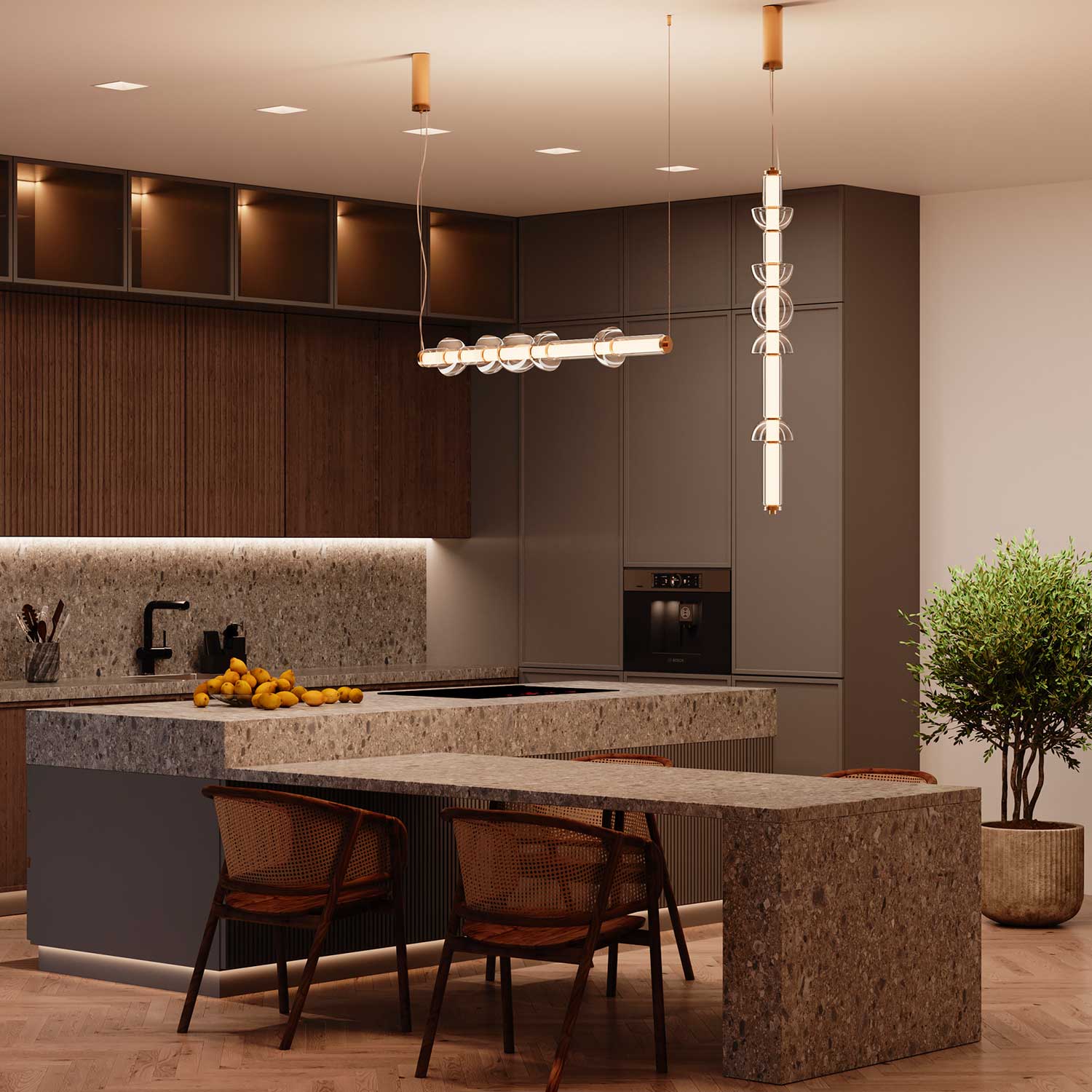
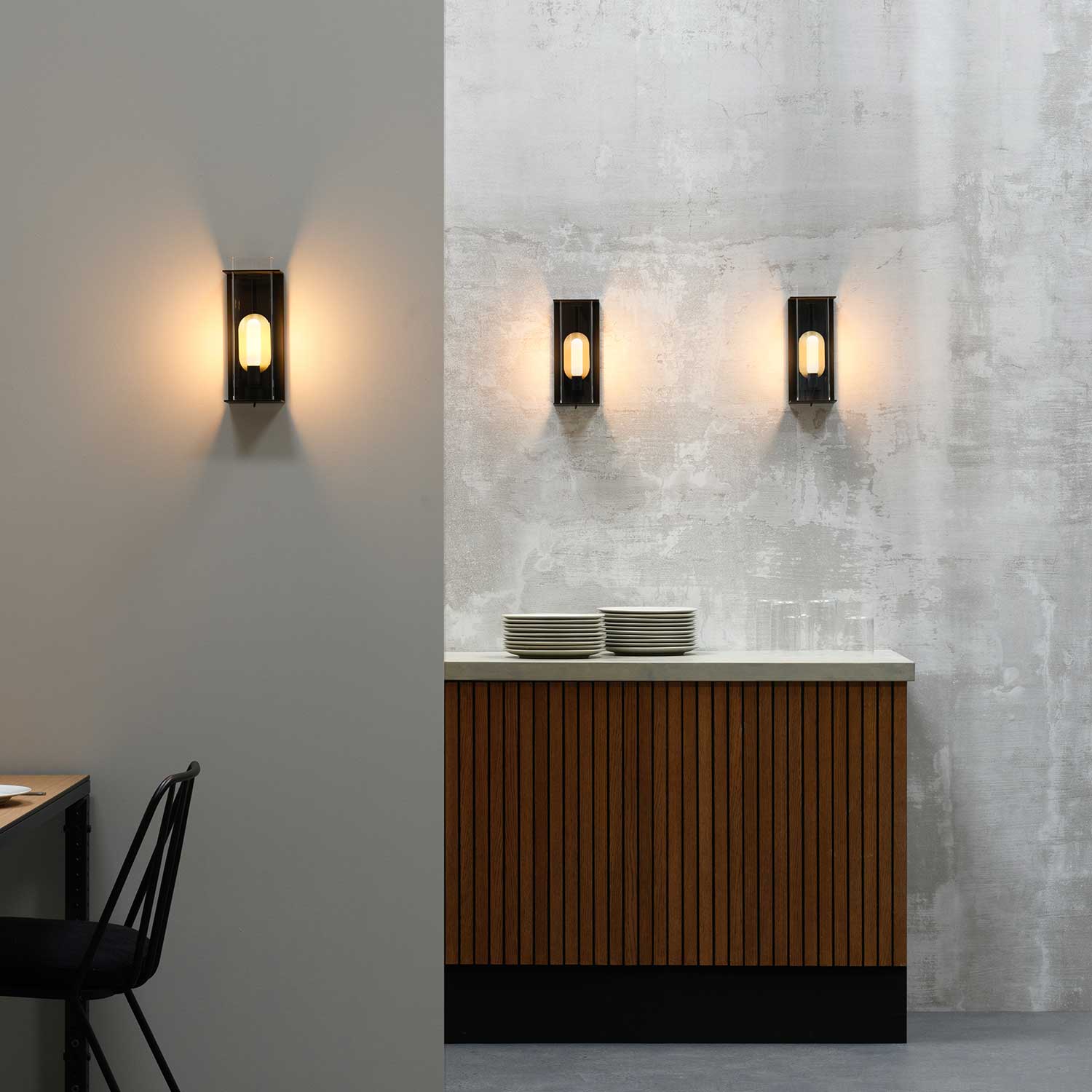
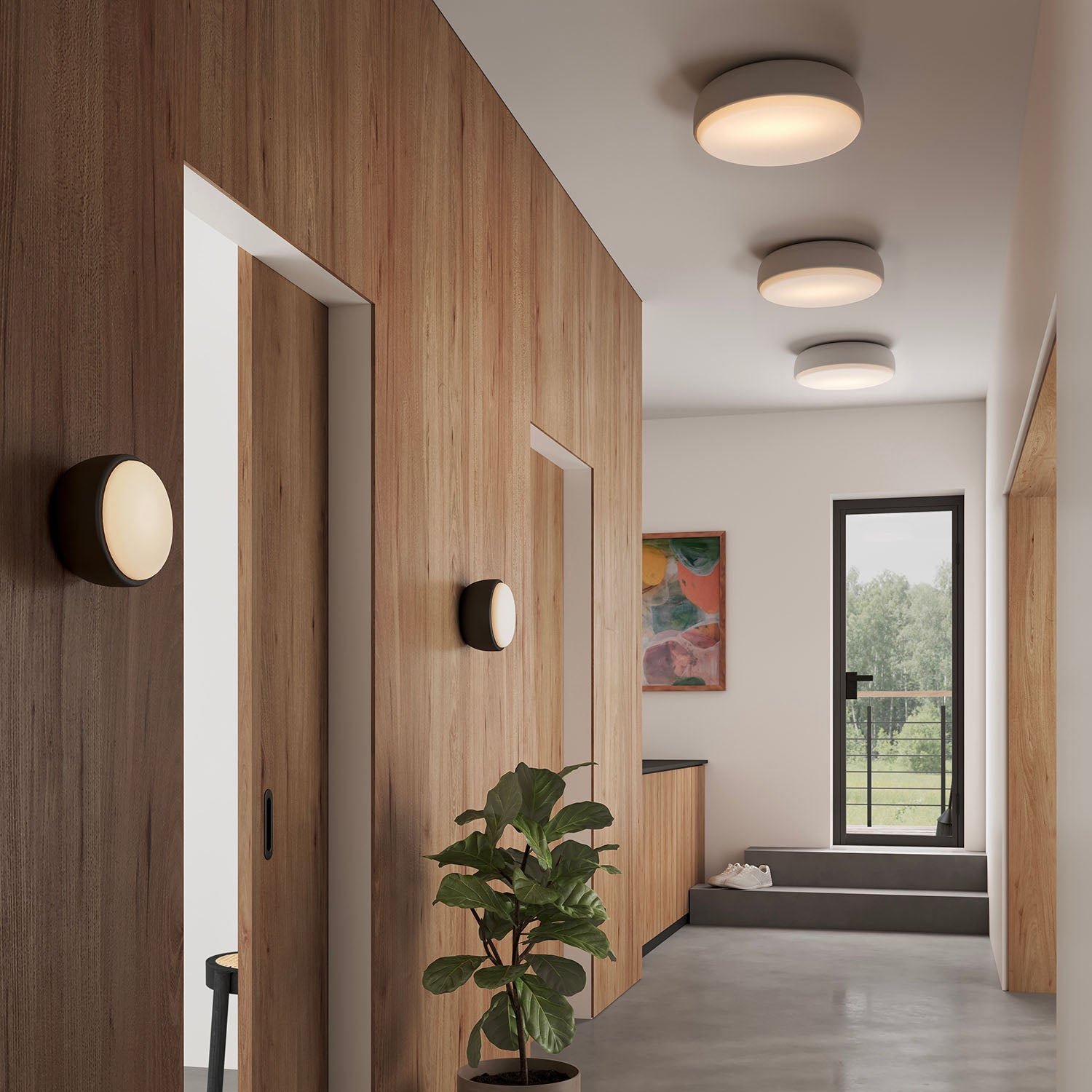
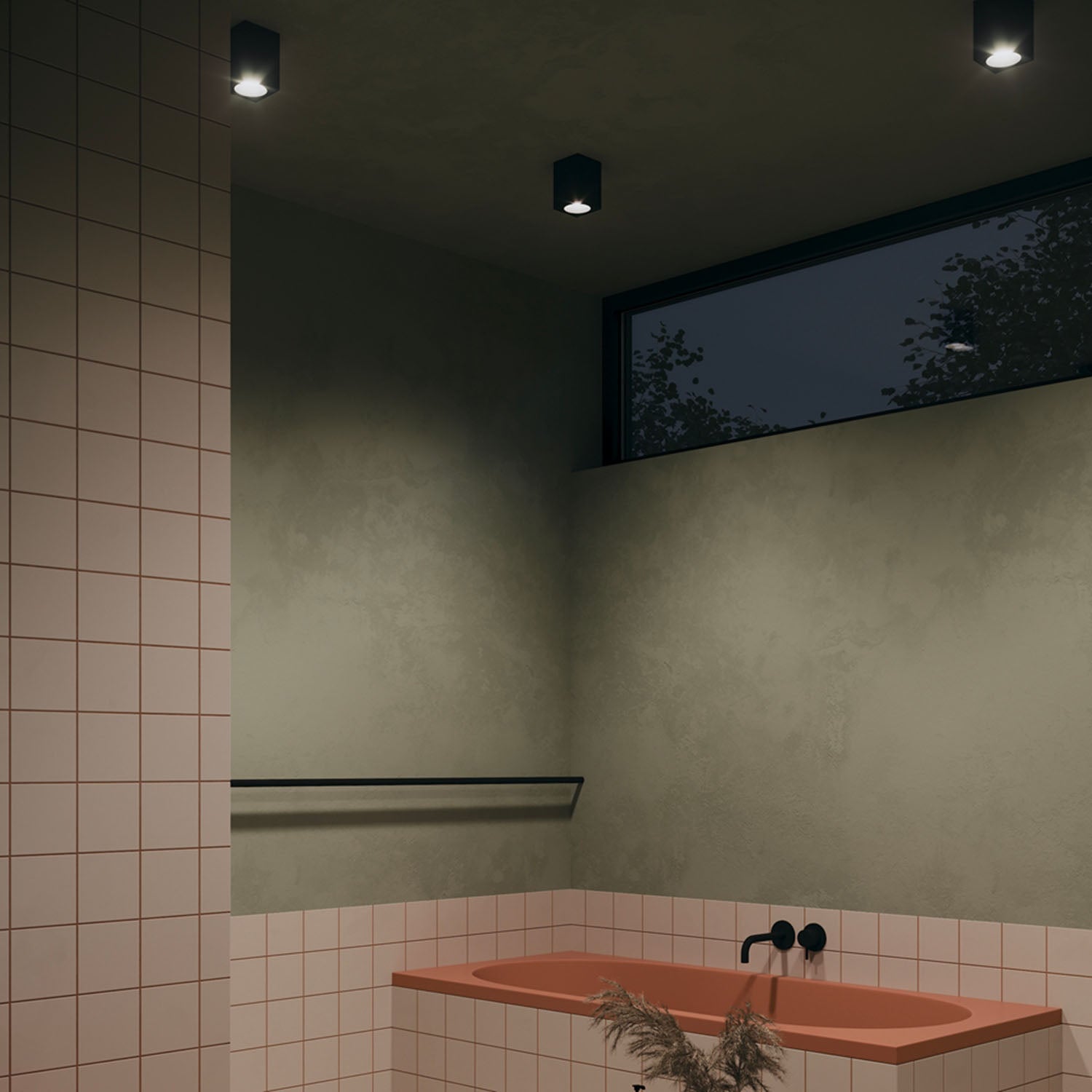
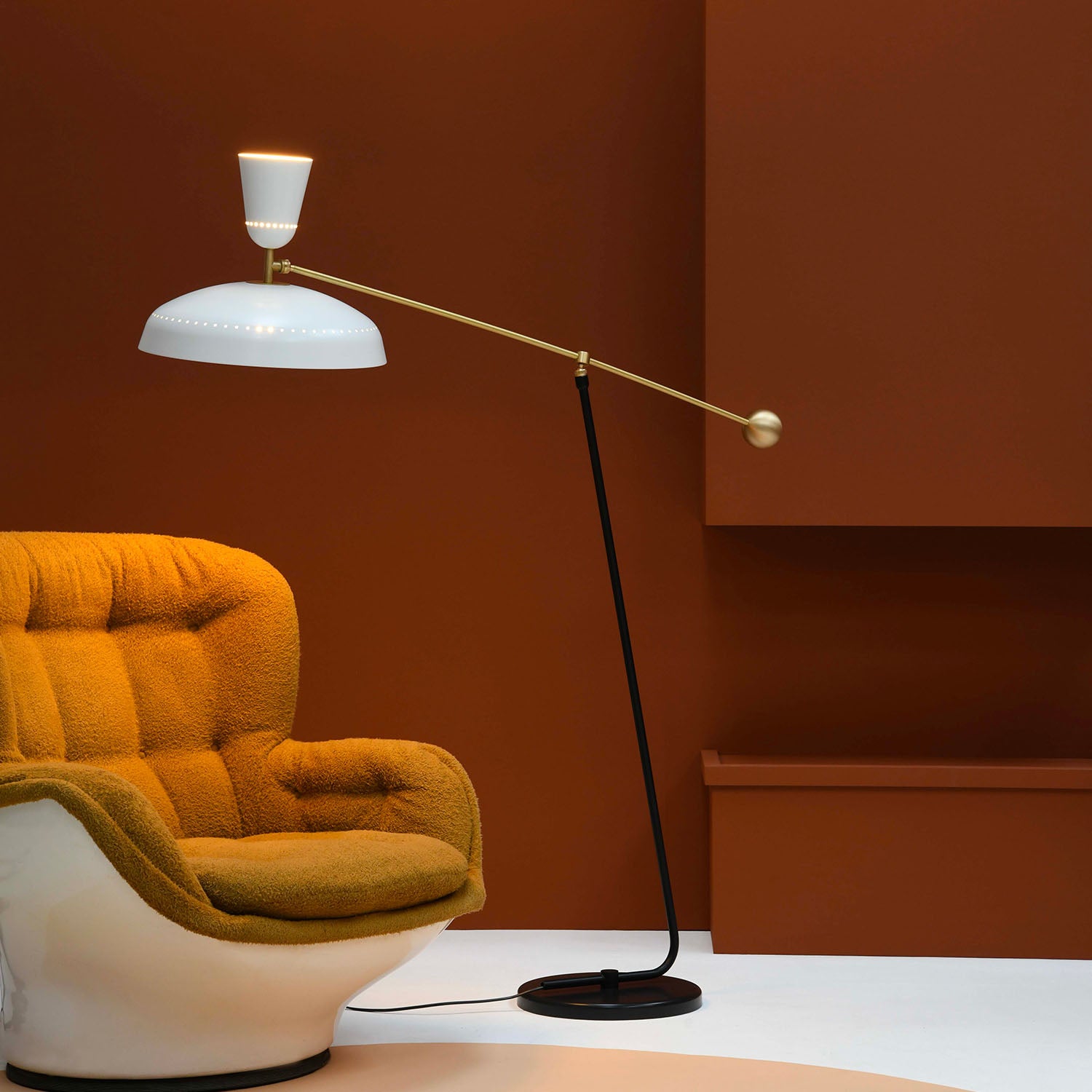
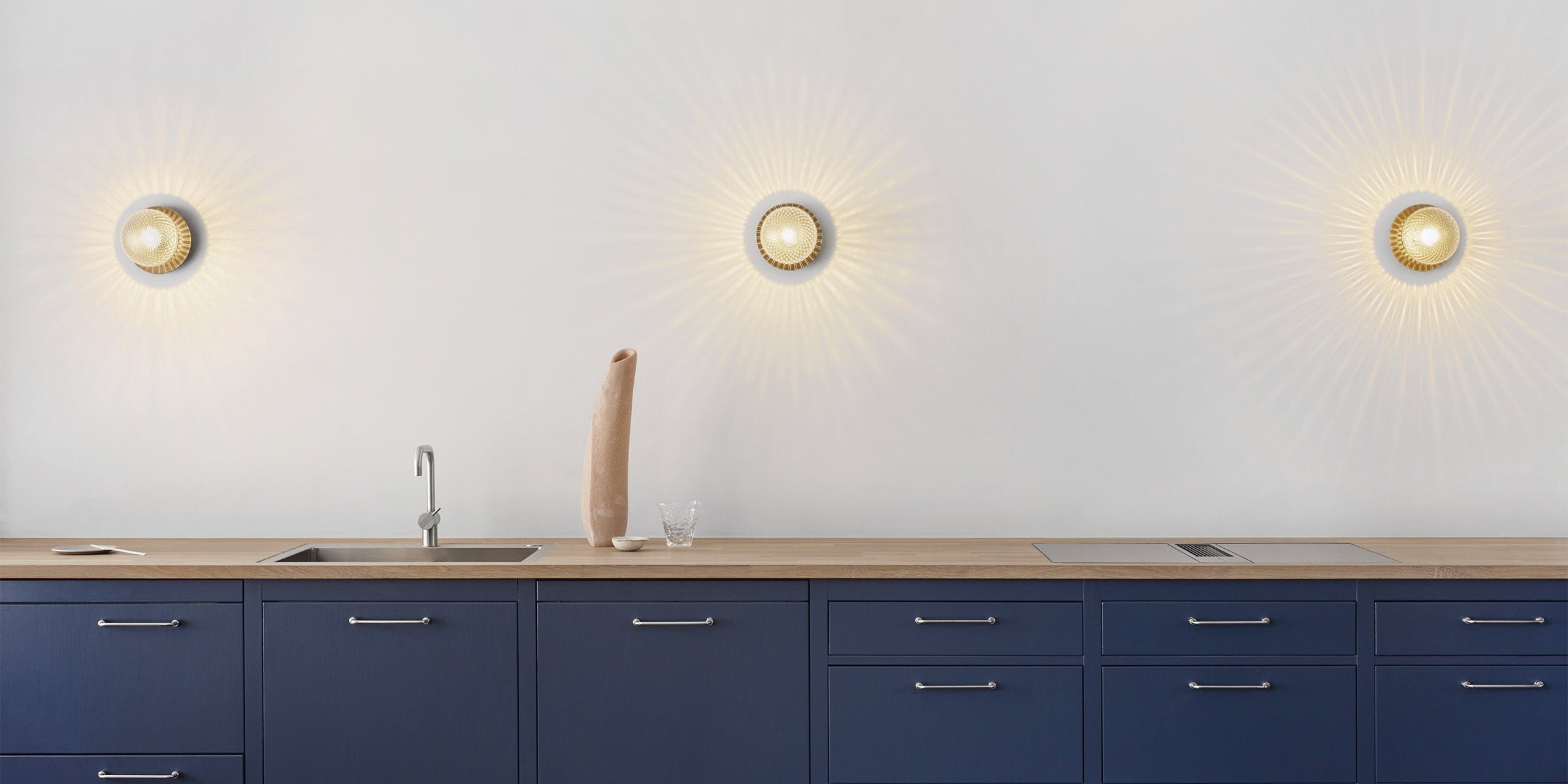
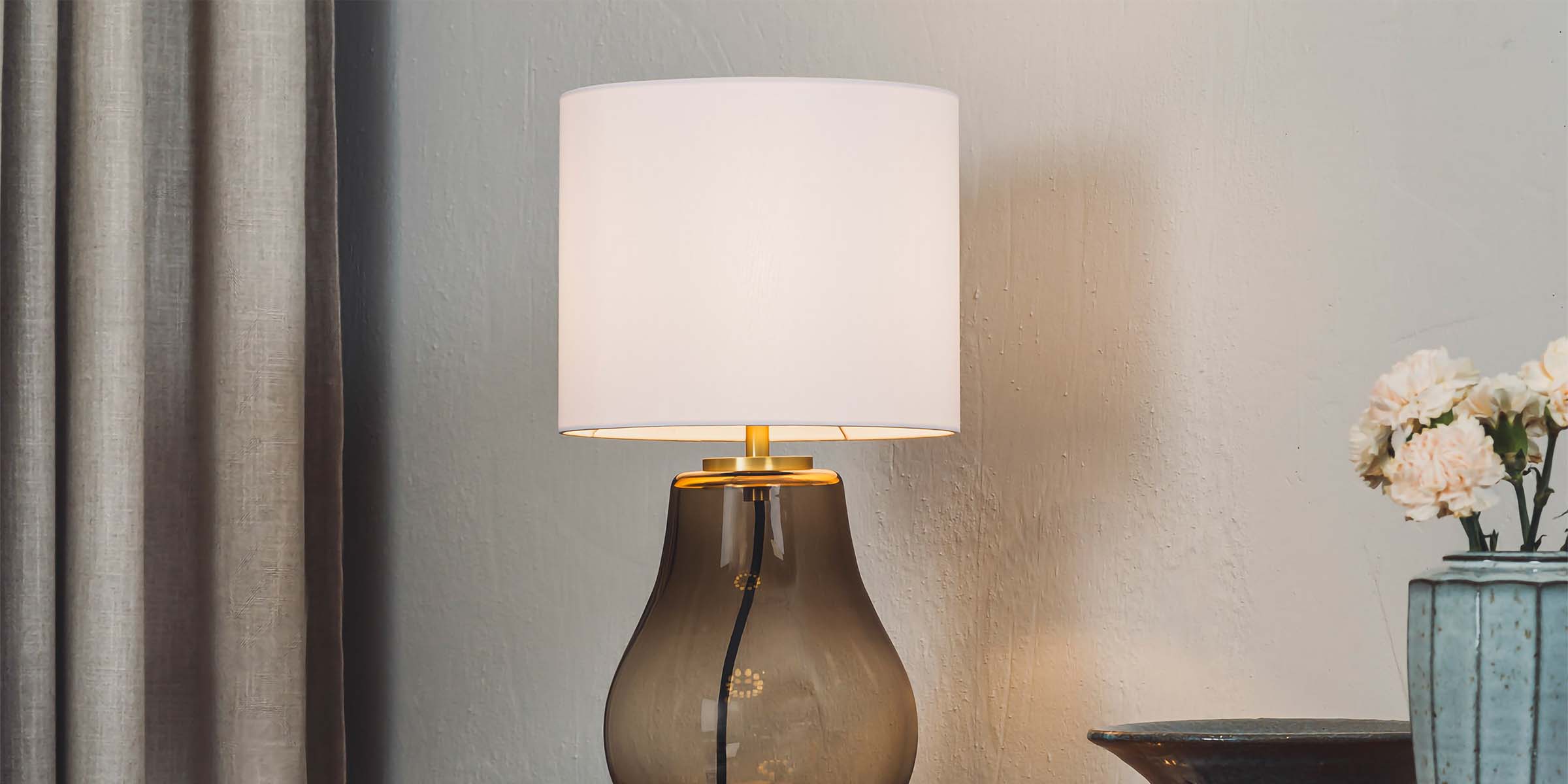
Leave a comment
This site is protected by hCaptcha and the hCaptcha Privacy Policy and Terms of Service apply.